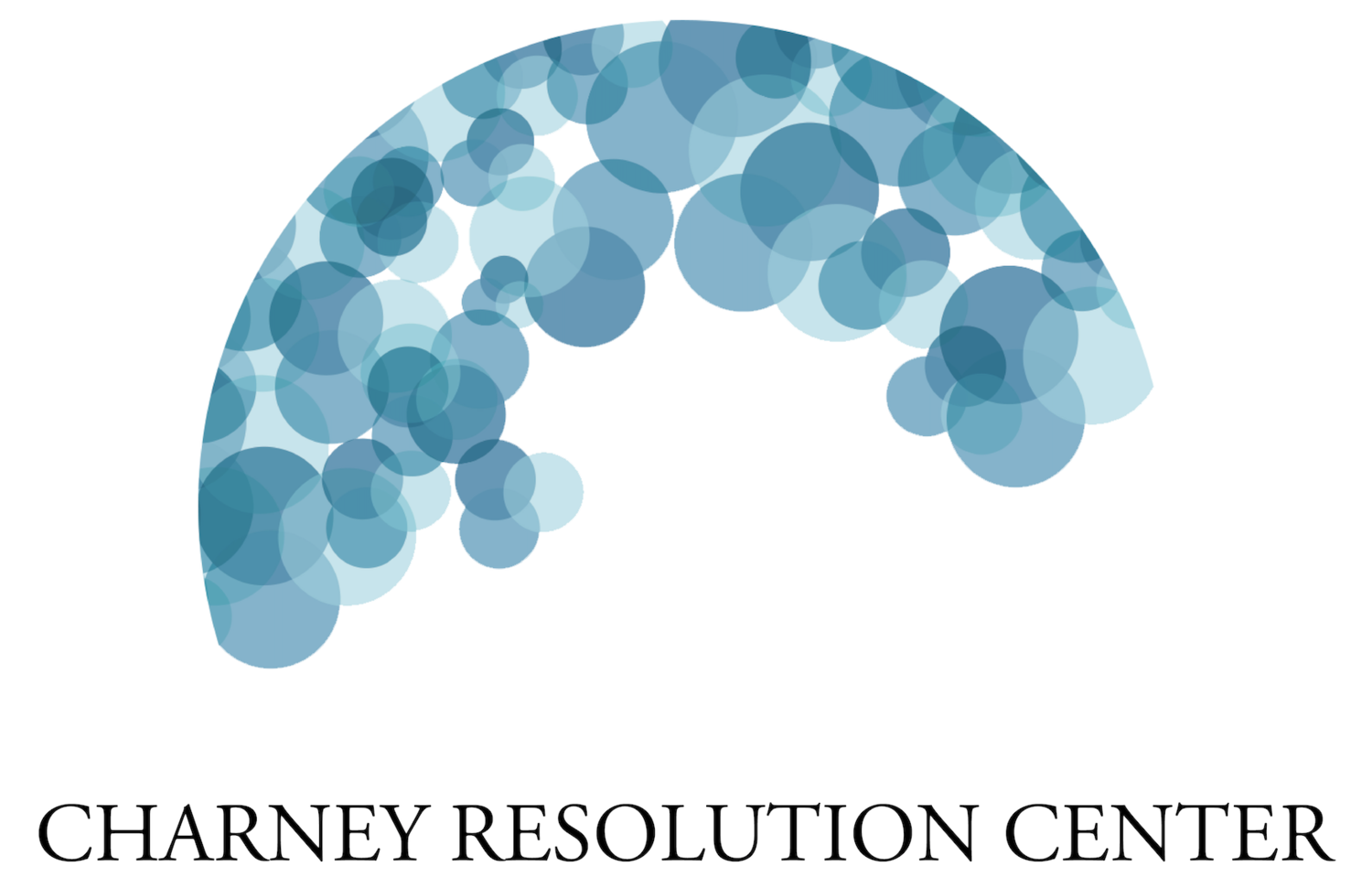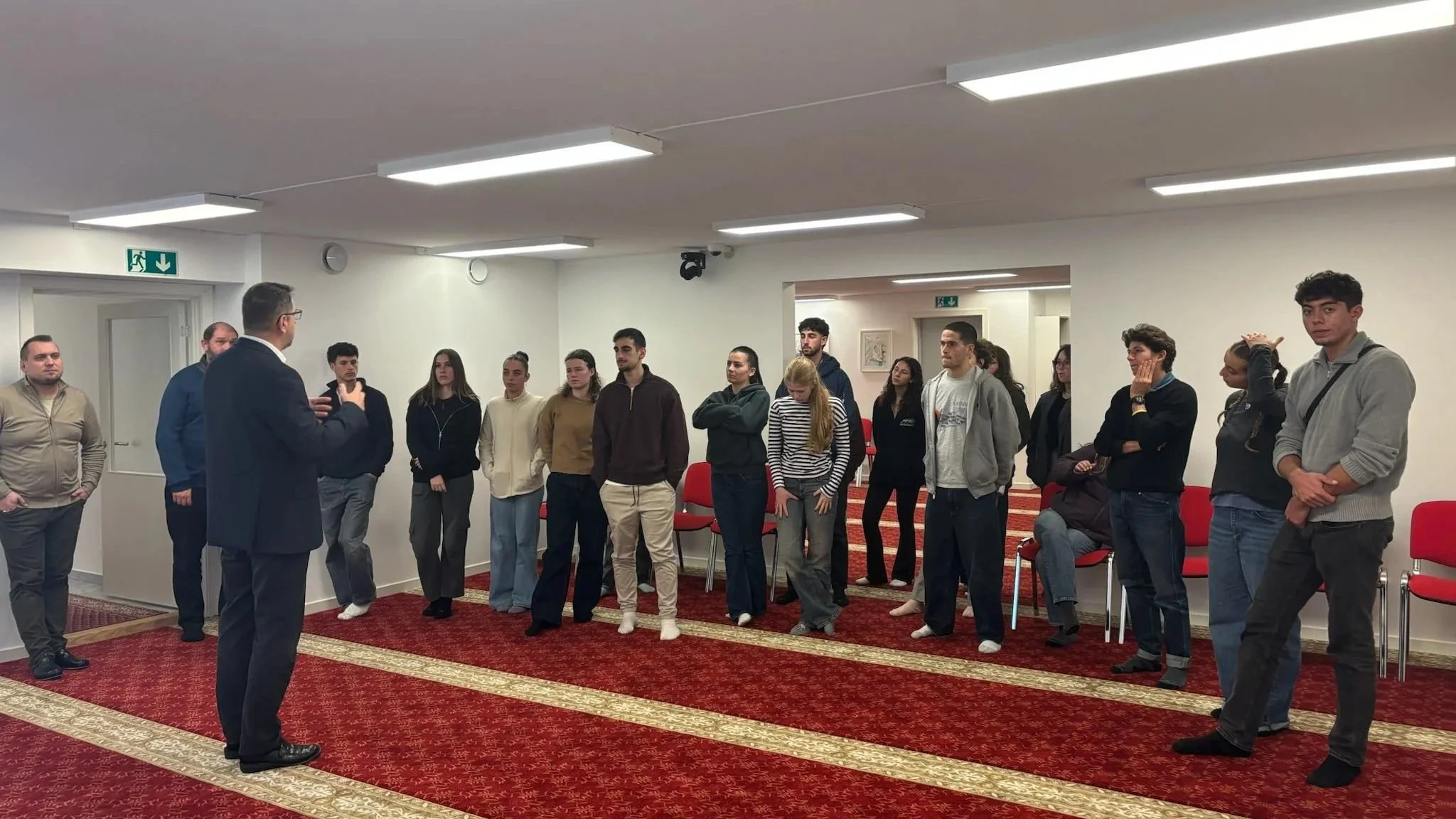My name is Lion Hirsch, I am from Germany and an EMIS alumnus of the Class of 2025. After completing the IB and spending three years at EMIS, I have now started a pre-military and leadership program called Shvilim, which aims to prepare me for my next steps in life. Shvilim is an international Jewish gap-year program designed to connect Israeli and Jewish youth around the world with different Jewish communities. Our group consists of an equal number of Israelis and Diaspora Jews, totaling 20 people.
Unlike other Israeli Mechinot (Israeli gap-year programs), Shvilim reaches far beyond the borders of Israel, traveling to different Jewish communities around the globe, as well as attending university studies at the University of Oslo. We have now been in the program for about two months and are finishing up our four-week journey through Scandinavia, visiting Norway, Finland, and Estonia.
Although programs like ours focus on exploring Jewish identity, we have also looked beyond Jewish communities to understand our broader place in the world. We did this by engaging in interfaith dialogue in Oslo by visiting an Islamic Center, a mosque, and the Cathedral of Oslo—to better understand how the three monotheistic religions interact in Norway, especially in light of the escalation of the Middle Eastern conflict.
One thing is for sure: the Israeli-Palestinian conflict has not only weakened the connection between Jewish and non-Jewish communities but, in some cases, has completely destroyed contact with certain communities. Coming from the unique environment of EMIS, being in an all-Jewish program now places me in a much more realistic setting—where coexistence, much like in the real world, is not always at the top of the agenda.
Because of this, I was interested in speaking with both Israelis and Jews in the Diaspora about their views and experiences regarding the Middle Eastern conflict, particularly in relation to Palestinians, and I received a variety of responses. On one side, both Israelis and Diaspora Jews are confronted with the ongoing war in Gaza almost daily, although their ways of expressing themselves is different.
I spoke with an Israeli student in my group who explained that Israelis are often surrounded by like-minded people, especially among the younger generation and are therefore less exposed to differing opinions. One student from Portland, Oregon told me that her opinions on the Israeli-Palestinian conflict were often pushed aside while attending a public school where most people strongly opposed her perspective. She noted that without a platform to share opinions, many people stop thinking critically about political issues altogether, remaining in their own bubbles—unquestioned and unchallenged. This is something EMIS has never shied away from tackling head-on.
I look forward to applying the skills I gained at EMIS through the Charney Resolution Center, particularly from programs such as the Peace Simulation and Mediation Course, to demonstrate how to de-escalate conflicts and engage in constructive debate—not only to better understand others but also to gain deeper insight into one’s own perspective.



